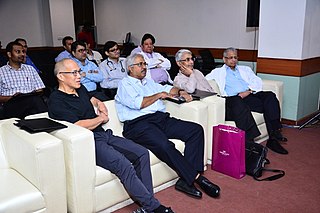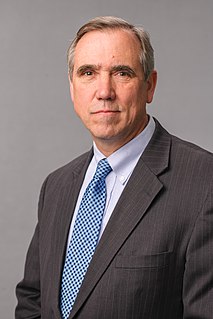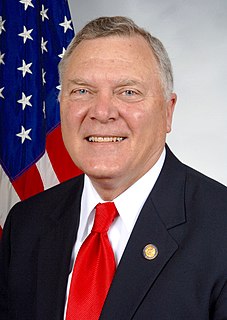A Quote by Judi Evans
Nurses have new and expanding roles. They are case managers, helping patients navigate the maze of health care choices and develop plans of care. They are patient educators who focus on preventative care in a multitude of settings outside hospitals. And they are leaders, always identifying ways for their practice to improve. Because nurses have the most direct patient care, they have much influence on serious treatment decisions. It is a very high stakes job. Everyone wants the best nurse for the job, and that equates to the best educated nurse.
Quote Topics
Always
Because
Best
Care
Case
Choices
Decisions
Develop
Direct
Educated
Educators
Everyone
Expanding
Focus
Health
Health Care
Helping
High
Hospitals
Identifying
Improve
Influence
Job
Leaders
Managers
Maze
Most
Much
Multitude
Navigate
New
Nurse
Nurses
Outside
Patient
Patient Care
Patients
Plans
Practice
Roles
Serious
Settings
Stakes
Treatment
Very
Wants
Ways
Related Quotes
Supported by digital data, new data-driven tools, and payment policies that reward improving the quality and value of care, doctors, hospitals, patients, and entrepreneurs across the nation are demonstrating that smarter, better, more accessible, and more proactive care is the best way to improve quality and control health care costs.
Most of the people who make decisions about global health are in the U.S. and Western Europe. There, the mental health care system is dominated by highly trained, expensive professionals in big hospitals, who often see patients over long periods of time. This simply can't be done in rural Africa or India. Who the hell can afford that kind of care?



































